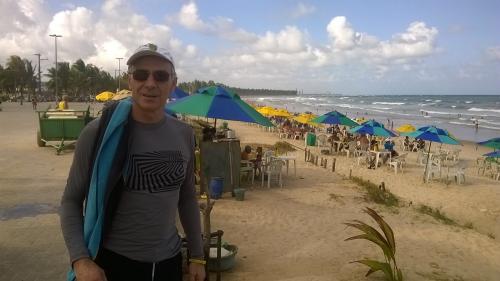Thematic Research Lines
MARE has seven Thematic Lines that allow to identify priority areas for research..
Through the exchange of ideas, knowledge, methodologies and applications, MARE increases its potential for presenting specific actions, strengthens the communication between its members and the ability to attract resources to develop consistent research and promote internal and external partnerships that enhance the success of its research.
Governance and Literacy
Governance and Literacy thematic line deals with the social component within processes/projects - and aims to assess and interpret these main trends at global/regional/national levels, in order to discuss theories, models and their effectiveness, contributing to the development of innovative instruments and policies. For this, four research areas are identified: policies, instruments and institutional frameworks; societal dynamics and governance studies; science communication and knowledge building; and socio-ecological dynamics. This transdisciplinary line follows an action-research quantitative and qualitative approach and it targets multiple level policy decision making and governance. It works closely with different disciplinary fields to test theories on the ground and to draw lessons for theorizing, through active Living Labs, promoters of Governance and Literacy.
The objectives of this line are the following: stimulate the research in Governance and Literacy encouraging simultaneously the development of innovative methodologies; assure the capacitation of the civil society in Governance and Literacy, namely for communities, institutions and firms; push network building in Governance and Literacy effectively and efficiently to the overall society, contributing to build up collective capital - social, intellectual and political – and to the scientific and technological innovation; build alternative models of Governance and Literacy privileging coastal communities, stressing the differentiated character generator of social transformation; and promote internal governance of MARE contributing to reinforce the multidisciplinary profile of the Center.







